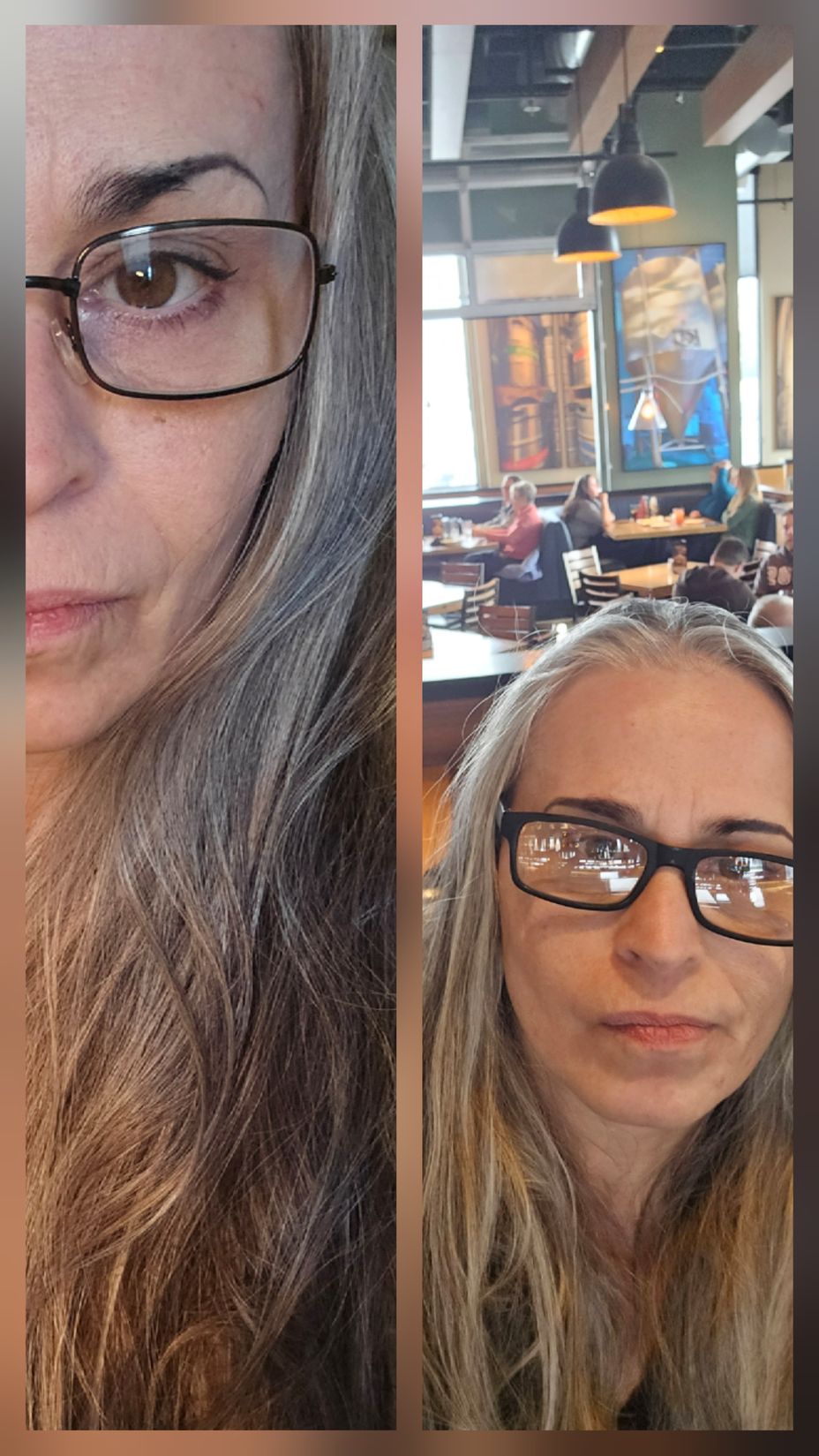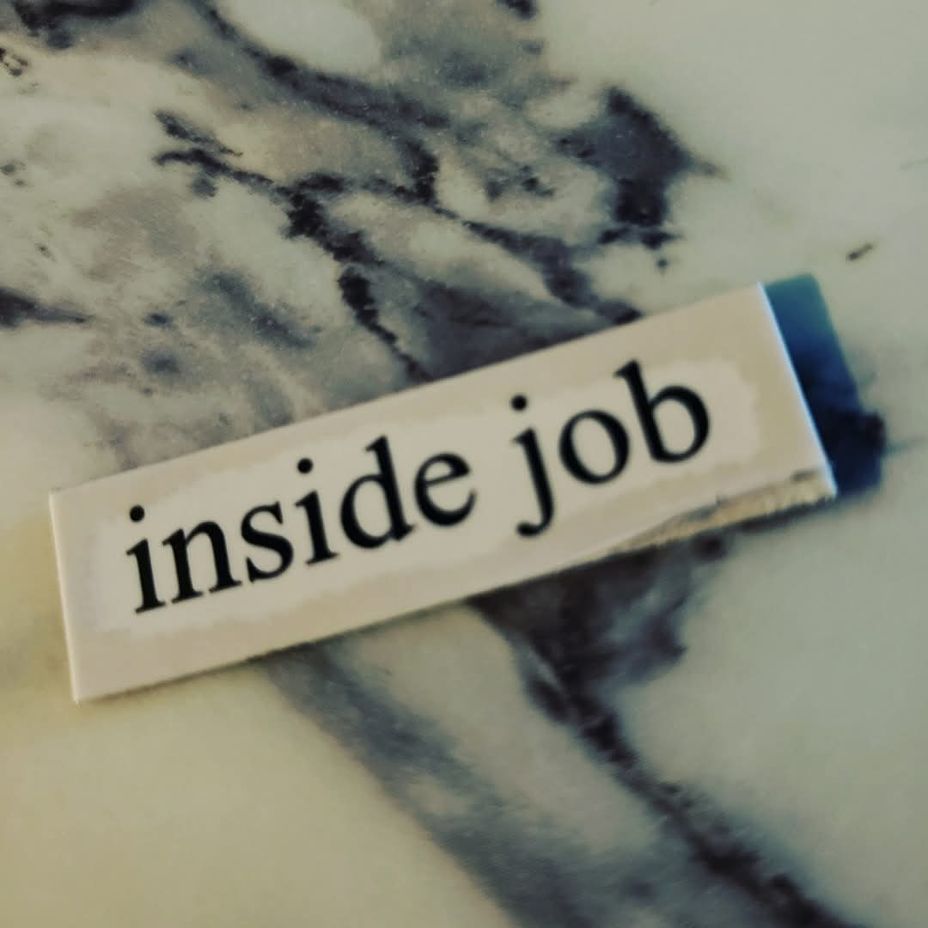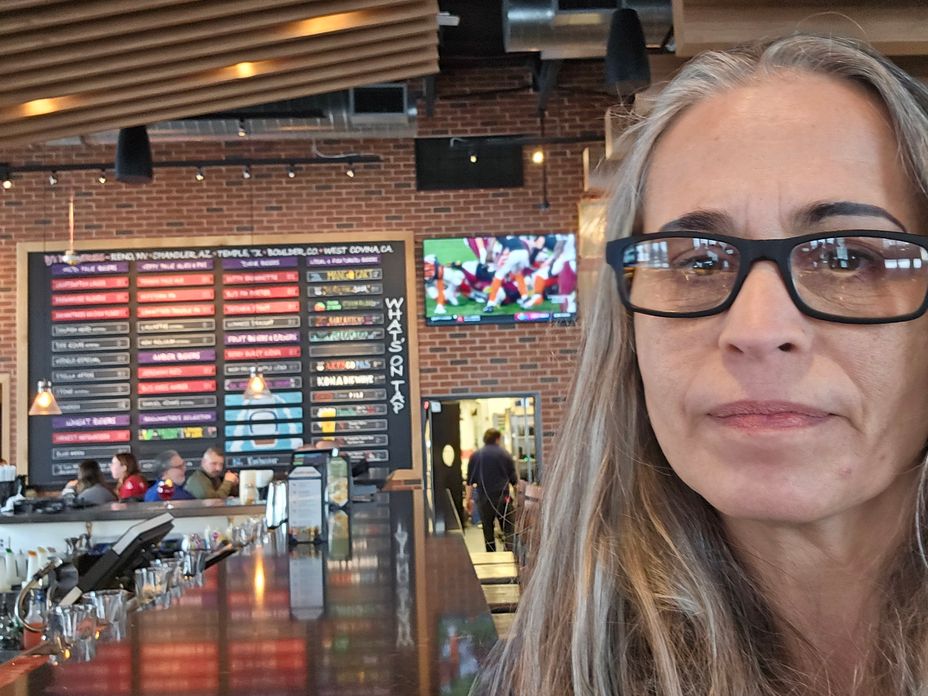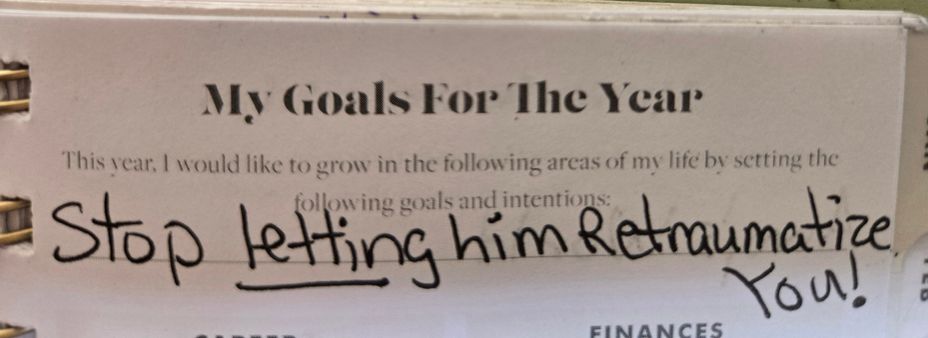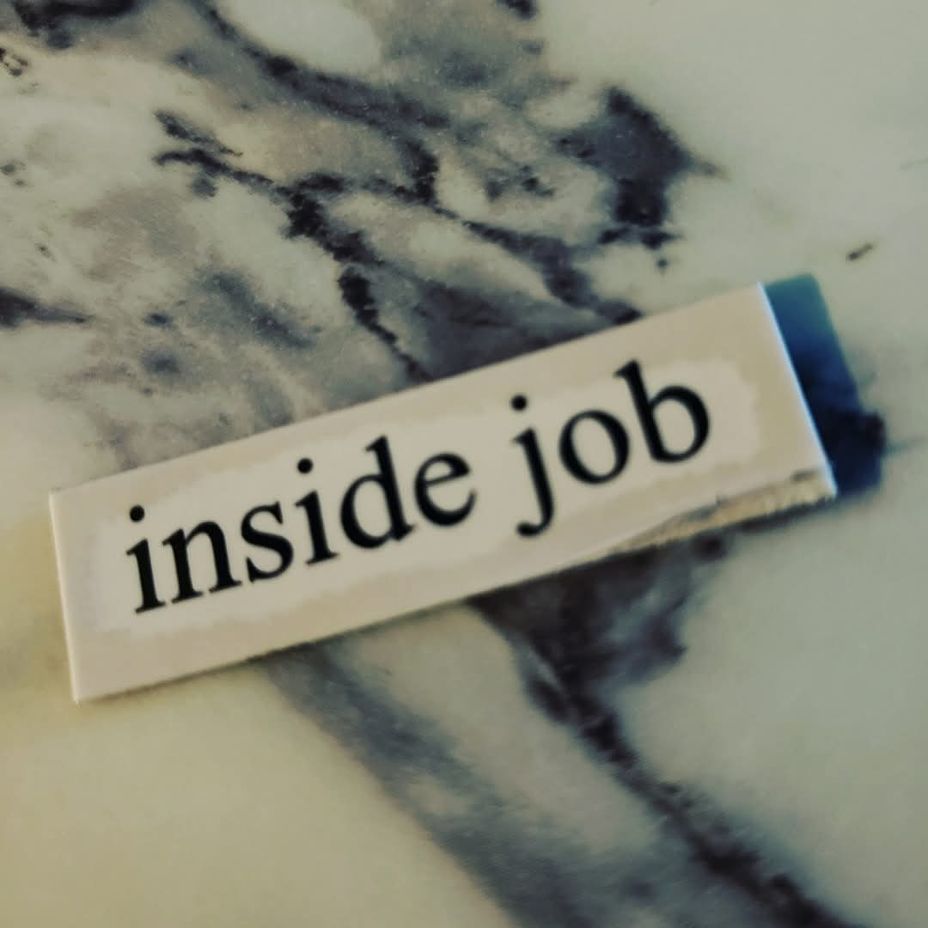Ive been technically " alone" for a very long https://time.I have shelter and financial https://support.I am grateful, unbelievably grateful for https://that.Those outside, feel I have done, this, to myself. As if I put a razor blade barrier around me, at some point, in the last four years.
I understand who and how, https://now.But for the last two years, many went out of their way, to make, me see how alone I https://was.And to teach me a lesson on, family ties.
That, is not, support.
I will https://pass.But thank you for teaching me....
That you can not come with health conditions or a life lived https://history.You are https://damaged.He should not have to care for her.
You will be at fault, for others lies, about your https://past.You will be damned, for your personal https://history.For it is too be aired out like the dirty laundry, for fun of https://course.But not by you, by the women who hate you.it must be true.
That if you ask for help, everyone will be asked, what to do, but you.it is not about you.it is about what they have done, for you.
When therapy is involved, no one will show up, EVER,DO NOT ASK.
If you complain, at all, you are ungrateful and need to be https://quiet.Never confide in anyone.
Do not look for resolve, answers or reasoning, you will be arguing.
If you are a woman, know your role, your place and do not, tell the truth.Lie,look good and shut up.
You can tell people the version that makes, THEM, look good, but do not, tell your truth, their truth only.
Take Pills prescribed, as many as they tell you https://to.Numb yourself, do not feel the feelings and do not question those https://feelings.Repress everything.
I have been here,talking it all https://out.Everyone else can debate, criticize, judge and trip over themselves, assume away, please.im approached by strangers, insulted and followed, for what? Intimidation.Ok? It makes you look well, weak, all of https://you.That strength in numbers mentality doesnt apply here, https://sorry.Ive seen your work.
After all the namecalling and trash gossip, cloaked as concern and care, stops, then what?
They pretend nothing happened?Same in my family.
And it,all goes away, right? nope.
Im not going https://away.And people know, if anything happens to me.
When you project your own delussion,for your orchestrated "win", upon me, you loose, not me.
It is not a loss for me,maliciously trying to hurt me, is not something I run towards or will try, to fix, out of desperation.
That is your mess to clean, not mine.
It is transparent, who is running this circus and I am embarrassed, for all involved, if they could come to me directly, Id be happy to talk...Funny how that played out.
When the masks fall, wow,they fall by the https://dozens.Freakin dominoes over there.
I embraced that part of getting therapy, it felt https://great.I saw through the lies, the hiding, the comments. Why the problems now?
When people try to flip the script, they panick, rally and get messy, you guys got messy...real https://quick.You might want to find a therapist or new life coach, something other than eachother,cut back on the drinky drink and gummies maybe.
An outsiders perspective on how to treat someone in crisis? A suggestion, thats all.
But atleast I know now.
Thanks to all, involved.
